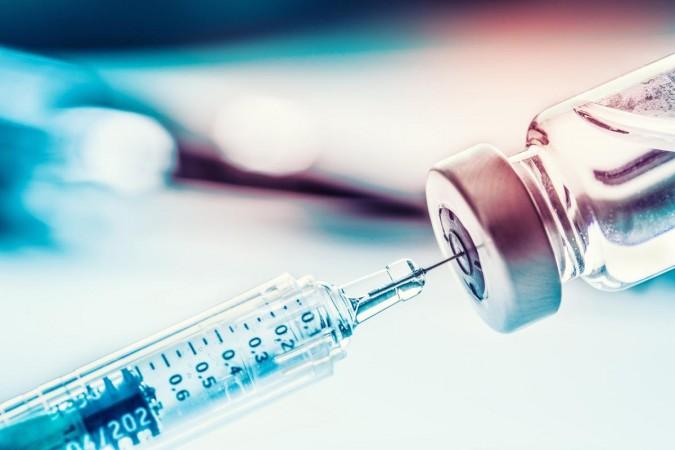The Omicron variant (B.1.1.529) continues to prolong the COVID-19 pandemic. Still designated as a circulating variant of concern (VOC) by the WHO, it has been the source of breakthrough infections and reinfections among vaccinated individuals. Offering some good news in this regard, scientists have now found that high levels of mucosal antibodies within the airways can significantly reduce the risk of infection by Omicron.
According to a new Swedish study, high levels of mucosal antibodies within the airways can decrease the risk of infection by Omicron by more than half. The research also found that these elevated mucosal antibody levels were associated with lower viral replication in individuals who were infected with the SARS-CoV-2 variant. The findings were published in The New England Journal of Medicine.
"It is not surprising that antibodies in the respiratory tract neutralise the virus locally, but these findings show, for the first time, that SARS-CoV-2 mucosal antibodies in the airways actually protect against Omicron infection," said Dr. Charlotte Thålin, lead author of the study, in a statement.
Evaluating Antibody Levels in Airways and Blood

The current research is a part of (sub-study) the COMMUNITY study, a collaboration between Danderyd Hospital, Karolinska Institutet, Uppsala University, the Public Health Agency of Sweden, KTH Royal Institute of Technology, and SciLifeLab. As a part of the original study, 2,149 health care workers were enrolled at the Danderyd Hospital, Sweden, in the spring of 2020. Since then, the participants and their immune responses against the novel coronavirus have been evaluated every four months.
Drawing from the original study, the sub-study was conducted between January and February 2022. It screened 338 healthcare workers who had received triple doses of vaccination against COVID-19. The antibody levels in their airways and blood were measured at the beginning of the screening period.
During the course of the four-week screening period, one in six (57 participants) contracted COVID-19 caused by the Omicron variant. This served as an opportunity for the team to scrutinise immune responses against omicron breakthrough infection along with the boost in immunity post-infection.
Reducing Risk of Infection

As mucosal IgA antibodies (immunoglobulin A) play a vital role in protecting against respiratory infections, the researchers measured the level of these antibodies in the participants. It was found that all the enrolees had high levels of systemic antibodies –such as in the blood—after receiving three doses of vaccination.
However, discernible mucosal airway antibodies—such as in the nose—were found only in 62 percent of the participants (210). It was learnt that the risk of being infected with Omicron was reduced by more than half due to high levels of these antibodies.
In addition to reducing the risk of infection, high mucosal antibody levels within the airways also corresponded to lower viral replication among participants infected with the VOC. It was also observed that there was a 40-fold rise in mucosal antibodies in the airway among most individuals infected with Omicron, even in the case of a mild infection.
Vaccination + Infection = Higher Mucosal Antibodies

Using the findings, the authors also demonstrated that among participants who had been infected with COVID-19 prior to vaccination, the levels of mucosal airway antibodies were considerably higher after immunization. This was in comparison to those who had received three doses of vaccine and had not contracted the SARS-CoV-2 infection.
According to the team, this may serve as an explanation for the so-called "hybrid immunity" providing more robust protection against disease than vaccines alone. Hybrid immunity refers to the immune protection arising from a combination of vaccination and prior infection.
Noting that breakthrough infections caused by Omicron are prevalent among individuals despite receiving multiple doses of intramuscular vaccines, Dr. Thålin stated: "It is tempting to think that a vaccine administered through the nose or mouth, where SARS-CoV-2 enters the body, could provoke a local immune response preventing infection at an earlier stage. Several vaccines in the form of a nasal spray are now being investigated in clinical trials with the hope of being able to reduce the spread of infection and thus reduce the risk of developing new virus variants."

















